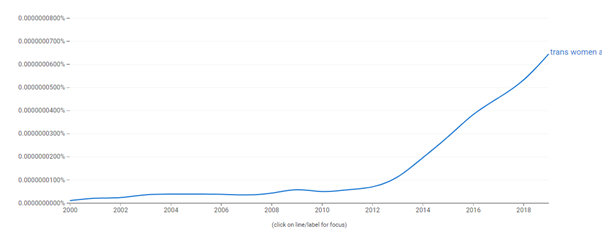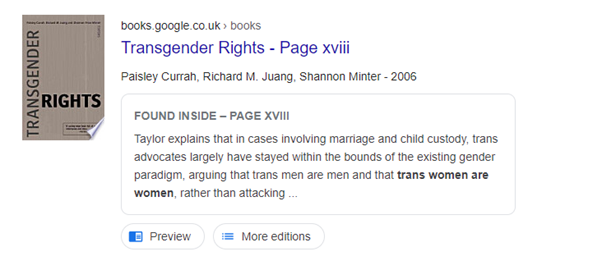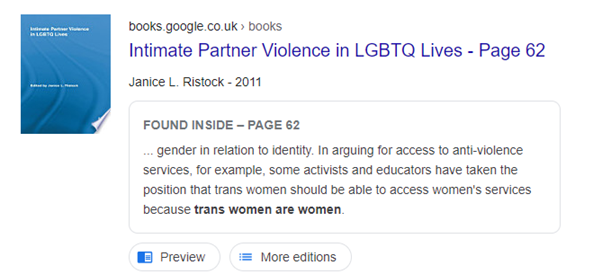
🚨Please read and RT!🚨 1/New paper on "The Gender Wars, Academic Freedom and Education" with Judith Suissa published in @JPhilofEd onlinelibrary.wiley.com/doi/full/10.11…
2/ We often hear it claimed that there is no such thing as a crisis in academic freedom, cancel culture is a myth, etc. This paper demonstrates that there is a serious problem with academic freedom regarding the ability to discuss sex, gender and gender identity.
3/ The problem is fundamental and far-reaching. Inevitably so, given that sex is a vital concept across the human and social sciences and the humanities. Gender identity extremists are succeeding in making it difficult for academics to talk about and collect data on sex.
4/ The suppression of academic freedom is often discussed as though it was all about no-platforming. No-platforming is a disturbing symptom, but it is not the disease. It reflects a chilling climate, which also leads to the suppression of research, and constraints on discussion.
5/ Why does it matter? Academic freedom matters for learning. When we disagree, we try to make sense of the disagreement, clarify what we mean by the terms and positions we describe, explore their implications and reach towards a common understanding,
6/ ... or, at least, a shared view on what it is we disagree about and why. This activity is precisely what is enabled when the university is really an environment bound not just by the principles of academic freedom, but by a broader commitment to free speech.
7/ Academic freedom is vital to a functioning democracy. Academics have both a right and a responsibility to produce knowledge as a public good. Scholars need to be able to have open conversations, with each other, with students, with policymakers, practitioners and the public.
8/ For academics, public engagement has a special importance, because it is essential that policy discussions, in the widest sense, are informed by reasoned argument and evidence. When social phenomena cannot be discussed, this should ring alarm bells.
9/ Those who deny that there is a problem tend to ignore the question of who decides who may speak and who is silenced, and how do they decide? Our own experiences suggest that administrators often make these decisions with more of an eye to 'risk assessment' than scholarship.
10/ The need for academics to communicate evidence and rational analysis is all the more apparent when political discussion is constrained by fear and intimidation. Yet universities are not ivory towers: the climate of misogyny and silencing in society affects us.
11/ The policing of women’s language and political activity is particularly evident within the Labour movement. However, parliamentarians across the political spectrum are reported to be afraid to speak their views on these matters.
12/ Prominent legal cases such as @MForstater and @BluskyeAllison show that women risk disciplinary action at work, and the loss of their livelihoods for talking about the reality of their sexed bodies. Many more women simply remain frightened and silent.
13/ In this climate, universities need to provide a space for reasoned analysis and debate. So, what can be done?Academics (especially male academics) could start by ceasing to deny that there is a problem, simply because they personally haven't experienced it.
14/ Institutions need to give serious consideration to whether some of the organisations they work with operate in a way which is incompatible with the core value of academic freedom. Lobby groups such as Stonewall and Gendered Intelligence provide training
15/ at many universities, yet these organisations promote a particular perspective on gender and face serious criticisms for their role in silencing debate.
16/ A commitment to free speech and academic freedom does not constitute a defence of harassment or attempts to close down the speech of others Universities must take appropriate disciplinary action against students and staff who engage in harassment and intimidation.
17/ Many academics have only recently become aware of the political project to deny the material reality of sex, and the restrictions it aims to place on the conceptual and empirical landscape.
18/ This paper has focussed on the threat to academic freedom in the case of sex and gender, not because it is a hard case, but because it is an easy one, with implications across the disciplines. If we cannot defend academic freedom in such a case, we cannot defend it at all.
• • •
Missing some Tweet in this thread? You can try to
force a refresh






